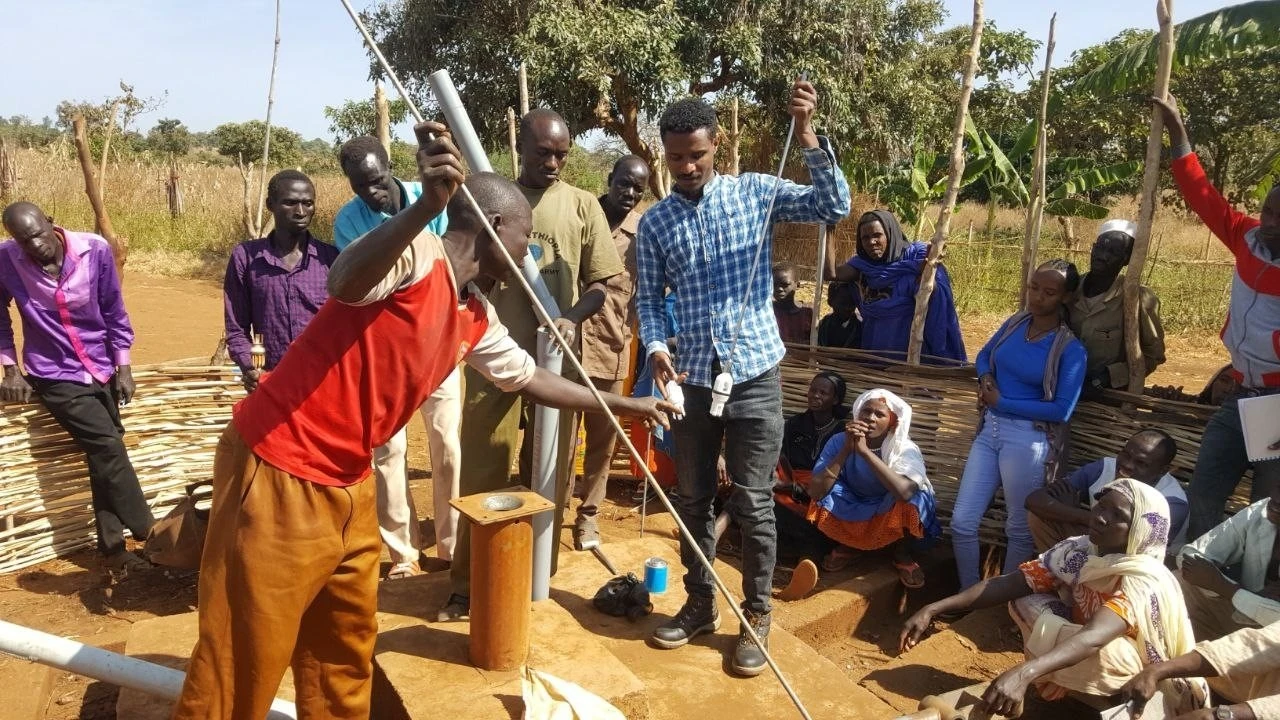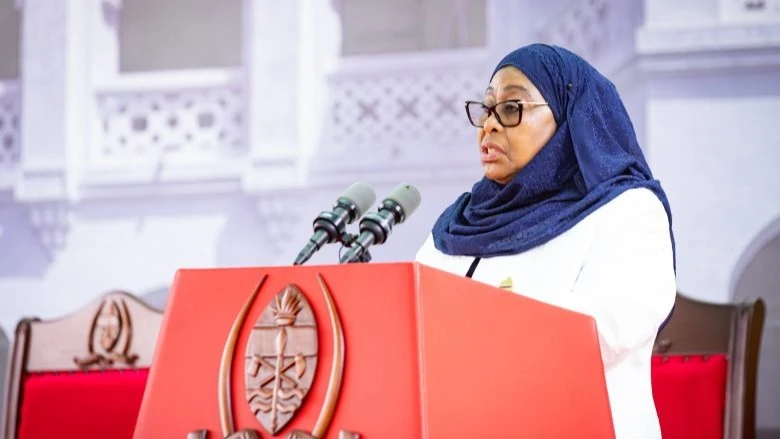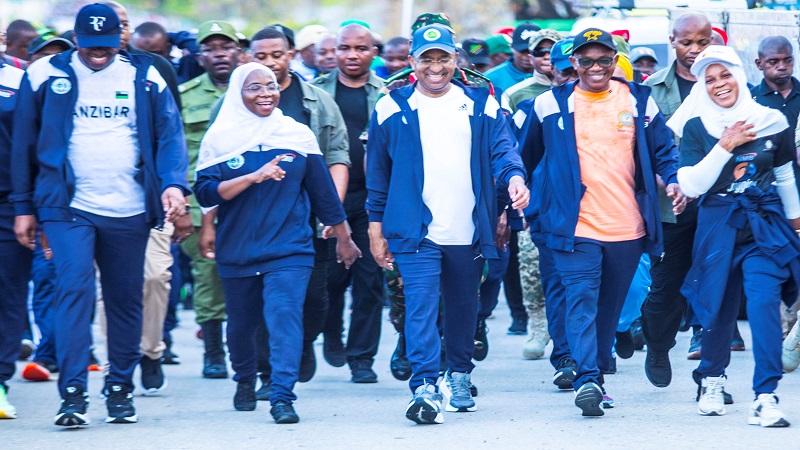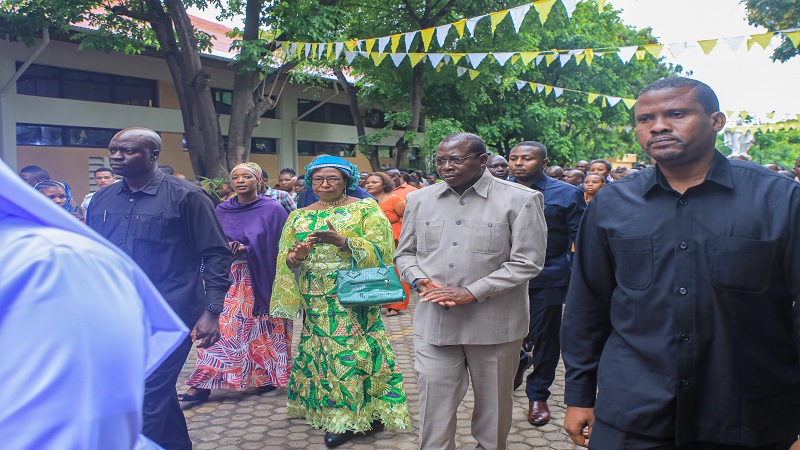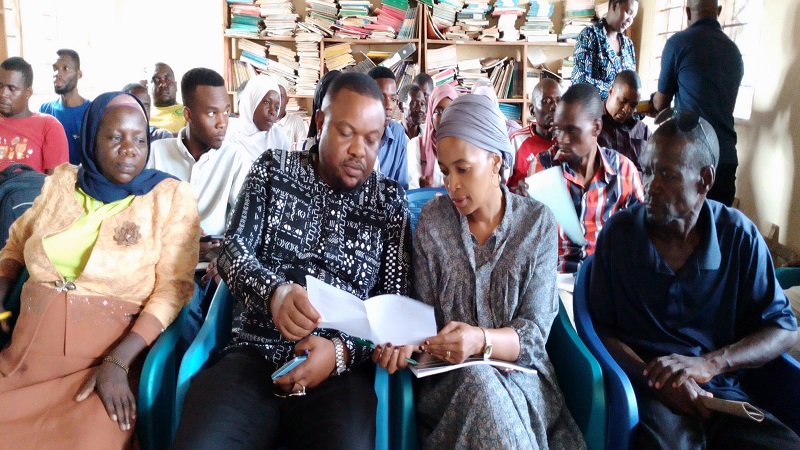Coffee board vows to promote domestic consumption

The Tanzania Coffee Board (TCB) has recently introduced mobile coffee shops aimed at stimulating domestic consumption and creating employment opportunities, particularly for young people.
This announcement was made over the weekend by Frank Nyarusi, TCB’s Acting Director for Marketing and Coffee Mobilization, during the first Coffee Roaster Forum held in Moshi.
"This project was launched in Dodoma by Prime Minister Kassim Majaliwa during this year’s Nanenane agricultural fair. The primary objective is to increase local coffee consumption from the current 7 percent to 15 percent by the year 2025," he explained.
In his opening remarks, TCB Acting Director General Kajiru Kisenge emphasized that the forum is an opportunity for coffee roasters to discuss and explore potential areas within the roasting unit, thereby promoting the coffee sector through the roasting segment. "This forum is crucial for the coffee industry, which continues to grow. I am optimistic that participants will develop resolutions and strategies to boost the volume of roasted coffee from the current 7 percent of national production to 15 percent by 2025," he stated.
Kisenge added, "Increasing roasted coffee means enhancing the value of coffee produced, which in turn leads to higher local consumption and increased export volumes. This will ultimately benefit farmers and the nation through greater coffee sales abroad."
Speaking on behalf of the coffee roasters, Joel Mtunga remarked that the forum represents a significant initiative that will improve both the coffee sector and income through coffee production. Mtunga further noted that the coffee roasters forum would enhance the roasting sector by facilitating the exchange of ideas and experiences, enabling roasters to increase the level of value-added coffee through roasting.
Local coffee consumption in Tanzania remains relatively low compared to other coffee-producing nations, with most of the coffee grown in the country exported to international markets. However, recent years have seen a gradual shift, as local demand for coffee begins to rise, fueled by an expanding urban middle class, the emergence of specialty coffee shops, and growing awareness of the quality of Tanzanian coffee.
The Tanzanian government, along with organizations such as the TCB and the Tanzania Coffee Association, is actively promoting coffee consumption through various initiatives. These efforts include coffee festivals, barista training programs, and educational campaigns that emphasize the health benefits and cultural value of coffee. The increasing presence of coffee shops in cities like Dar es Salaam, Arusha, and Mwanza encourages young people to incorporate coffee into their lifestyle, boosting local demand.
Additionally, there is a burgeoning movement among local coffee farmers and cooperatives to roast and package coffee domestically. By processing coffee locally and selling directly to Tanzanian consumers, producers can capture more value from the coffee supply chain.
Increased domestic consumption could provide stability to the coffee sector by creating a reliable local market and reducing dependence on volatile international prices. Industry experts believe that cultivating a strong coffee culture in Tanzania has the potential to benefit both consumers and producers, providing local farmers with greater price security and creating more opportunities within the coffee industry.
The Tanzanian coffee sector is a vital component of the country’s agricultural economy, supporting over 400,000 farmers and contributing significantly to export revenues. Coffee production in Tanzania primarily revolves around two main varieties: Arabica and Robusta. Arabica, cultivated in highland regions like Kilimanjaro, Arusha, Mbeya, and Ruvuma, constitutes around 70% of the country’s coffee production, while Robusta is mainly grown in the lowland areas of Kagera.
Despite its importance, Tanzania’s coffee sector faces several challenges, including fluctuating global coffee prices, aging coffee plants, limited access to modern farming techniques, and the impact of climate change on crop yield and quality. To address these issues, initiatives have been launched to rejuvenate coffee plantations, promote sustainable farming practices, and encourage youth involvement in coffee farming.
Furthermore, the Tanzania Coffee Board and various industry stakeholders are working to improve processing infrastructure and increase value addition, allowing more coffee to be exported as high-quality processed beans rather than raw produce. Programs aimed at branding Tanzanian coffee internationally, particularly in premium markets, are also underway as demand for specialty coffee grows globally. This shift could increase revenue potential for Tanzanian coffee farmers and foster a more resilient coffee industry.
Top Headlines
© 2025 IPPMEDIA.COM. ALL RIGHTS RESERVED

















